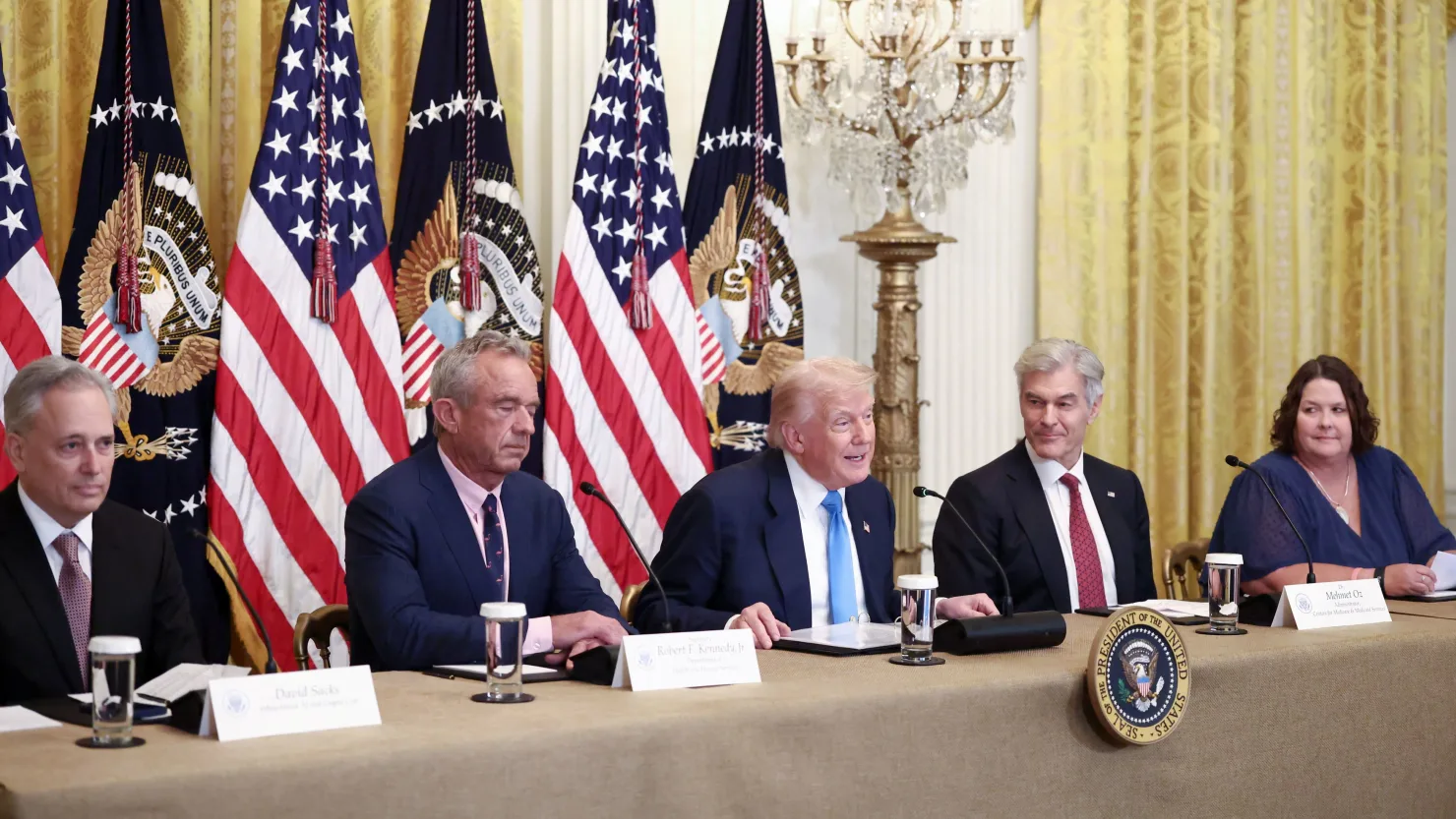Donald Trump on Thursday escalated his campaign to lower U.S. drug prices, warning major pharmaceutical companies that they have 60 days to commit to reducing costs or face aggressive government action.
In letters sent to 17 leading drugmakers, including Pfizer, Merck, Johnson & Johnson, AstraZeneca and Novo Nordisk, Trump urged the companies to adopt what he calls “most-favored-nation” pricing. This would require firms to match the lowest prices offered for their medicines in other developed countries. Trump argued that American families should no longer bear the burden of paying two to three times more than patients abroad.
“If companies refuse to comply, I will deploy every tool in our arsenal to protect American families from continued abusive drug pricing practices,” Trump wrote, setting a deadline of September 29. He emphasized that only commitments that provide “immediate relief” would be accepted, rejecting what he described as proposals filled with blame-shifting and requests for government subsidies.
The letters follow Trump’s May executive order reviving the controversial most-favored-nation policy, an initiative that ties U.S. drug prices to lower international benchmarks. Trump also called on drugmakers to guarantee Medicaid and Medicare patients access to these reduced rates, negotiate harder with what he described as “foreign freeloading nations,” and ensure any increased revenues abroad are used to cut U.S. costs. He further suggested adopting direct-to-consumer or direct-to-business sales models to eliminate middlemen.
Pharmaceutical stocks fell sharply following the announcement. Sanofi shares tumbled over 8%, Bristol Myers Squibb and Novo Nordisk fell nearly 5%, while GSK and Merck each slid more than 3%.
The pharmaceutical industry’s main lobbying group, PhRMA, pushed back strongly. “Importing foreign price controls would undermine American leadership, hurting patients and workers,” said senior vice president Alex Schriver. The group argued that the focus should instead be on reducing the role of pharmacy benefit managers and insurers, while pushing foreign governments to pay more for U.S.-developed medicines.
Drugmakers issued cautious responses. Pfizer said talks with the Trump administration had been “productive,” while Novartis confirmed it was reviewing the letter. AstraZeneca recently proposed U.S. price cuts of its own and is exploring direct-to-patient sales, a model other companies have also begun testing.
Trump’s move comes as drugmakers also brace for potential new tariffs on pharmaceuticals imported into the United States, adding to the industry’s uncertainty.
READ MORE:
